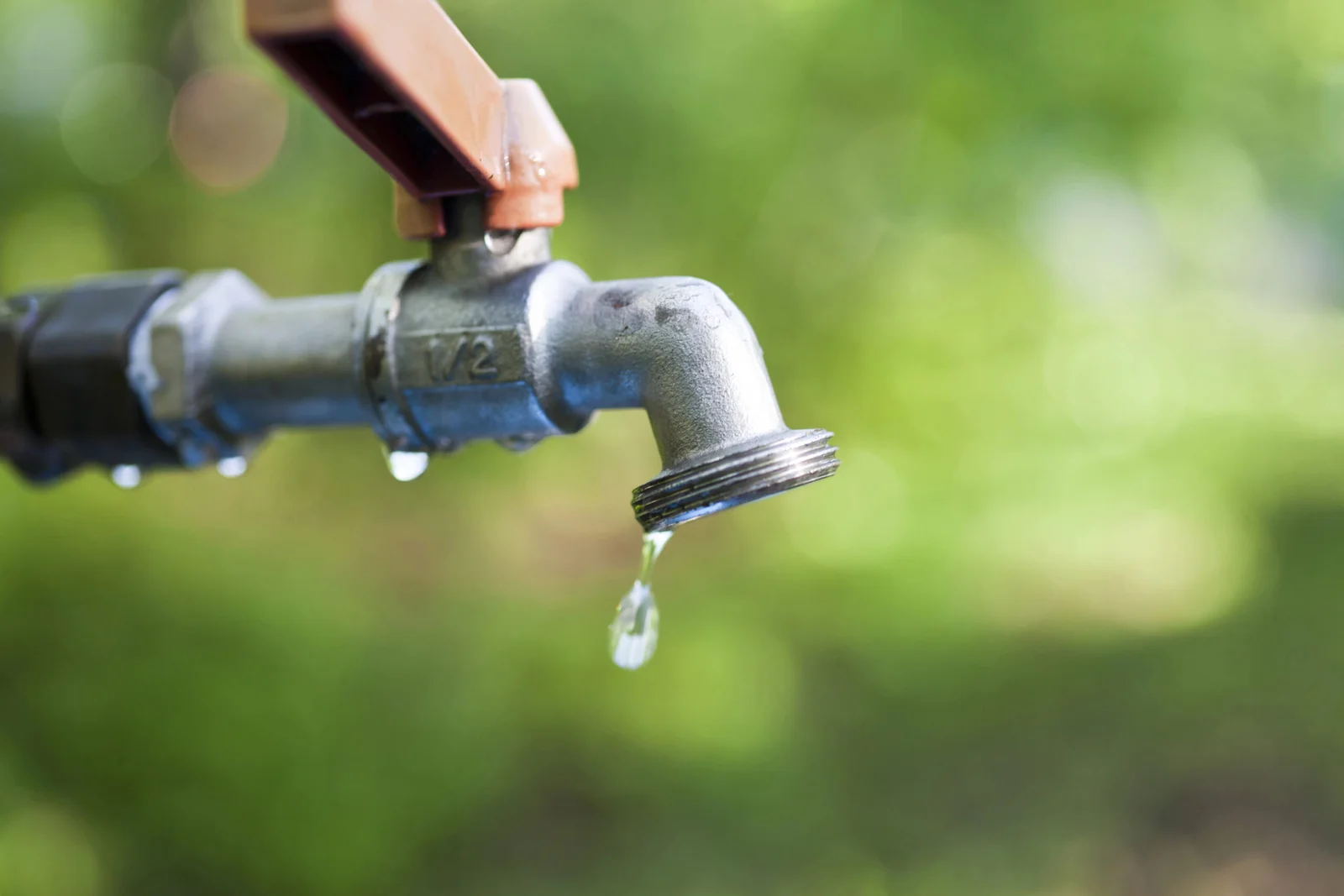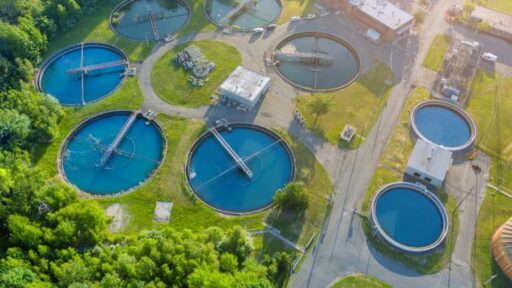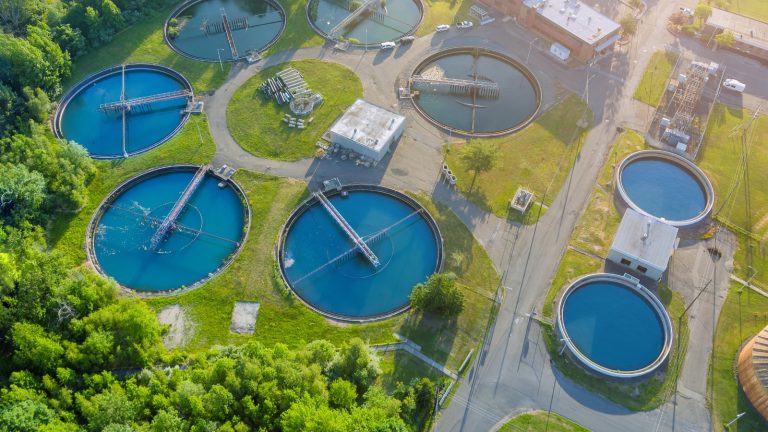How can Australian industries ensure efficient use while meeting environmental and regulatory requirements? With this resource becoming increasingly scarce and valuable, effective treatment is key for many industries in Australia. Advanced technologies provide a sustainable solution to help businesses reduce waste, lower costs, and improve operational efficiency.
The Importance of Water Treatment for Industries in Australia
Water treatment in Australia is essential for the operation of various industries, from agriculture to manufacturing. However, ensuring its quality and availability is a challenge. Many industries depend on it for production processes, cooling systems, and even cleaning purposes. Over time, improper handling can lead to contamination, higher operational costs, and environmental damage.
By investing in advanced treatment technologies, industries can optimise use and meet increasingly strict environmental standards. These technologies help industries recycle and reuse, cutting down on consumption while improving efficiency. Whether it is through filtration, desalination, or chemical processes, treatment is becoming an essential tool in ensuring the sustainability of industrial practices.
Improving Water Efficiency Through Filtration and Reuse

Australian industries can significantly reduce their consumption by implementing filtration systems Filtration removes impurities, making it suitable for reuse. This is especially useful for sectors that require large volumes, such as food processing, textiles, and chemicals. By using advanced filtration, industries can lower their reliance on fresh sources and reduce their environmental footprint.
Recycling conserves resources and decreases operational costs. Reusing within the production cycle means less is needed for the same output. This process helps industries become more self-sufficient and less dependent on external suppliers, which can be costly and subject to restrictions.
Chemical Treatment for Enhanced Quality Control
Chemical treatment methods like coagulation and flocculation remove suspended solids from water, helping industries maintain high-quality standards. These methods allow industries to treat water on-site, ensuring it meets the required quality before use in manufacturing or other processes.
By using chemical treatment, businesses can also manage quality more efficiently. In sectors like mining or heavy manufacturing, where it often contains high levels of contaminants, chemical processes ensure it meets regulatory standards for safe use.
Reducing Wastewater Disposal Costs
Wastewater management is a growing concern for industries, especially as environmental regulations become more stringent. By employing advanced water treatment technologies, industries can reduce the volume of wastewater they produce. This can cut down on disposal costs and help businesses comply with environmental regulations more effectively.
Recycling treated water for non-potable purposes, such as irrigation or cooling, can further reduce the amount of wastewater needing to be processed. This helps industries cut operational costs and contributes to sustainability efforts by reducing the burden on local water sources.
Technologies for Managing Industrial Water Usage
Digital monitoring and automation technologies are transforming how industries manage water. Advanced sensors and monitoring systems track water usage in real time, alerting operators to leaks or inefficiencies before they become costly issues. Automated systems can also adjust water treatment processes based on real-time data, ensuring optimal use and energy savings.
Integrating these technologies into existing water treatment systems helps industries manage water more precisely. This enhances the efficiency of the treatment process, ensuring water is treated to the highest standards without unnecessary resource use.
For Australian industries, efficient water use and treatment are crucial for maintaining competitiveness and environmental responsibility. Advanced water treatment technologies enhance efficiency, reduce costs, and support long-term sustainability. By implementing systems that promote water reuse, quality control, and waste reduction, water treatment in Australia helps industries contribute to a more sustainable future while maximising operational efficiency. These practices not only benefit the environment but also offer industries a competitive edge in an increasingly resource-conscious market.


